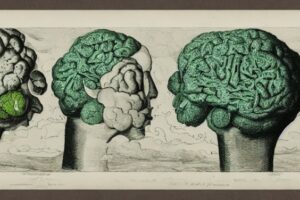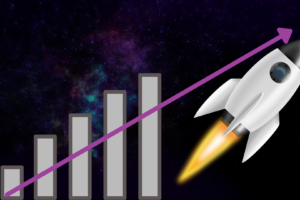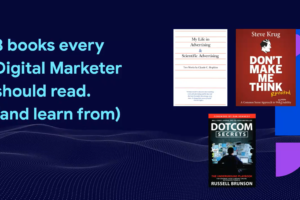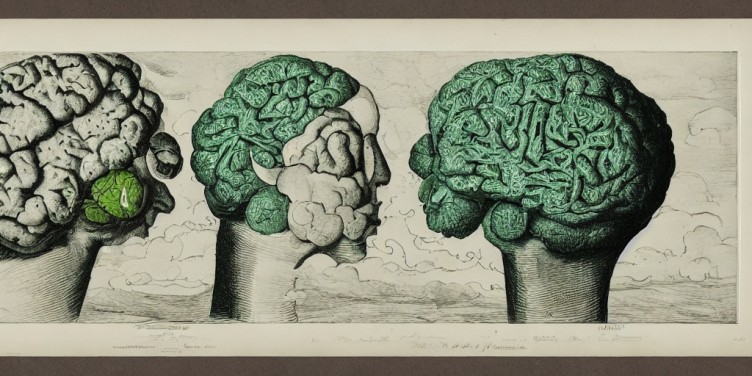As a marketing professional, I observe the market, its movements, decisions, and which way to go and I see that there are many unanswered questions. So what should one do at this time when everything is unknown? My answer is simple: be prepared.
I would like to suggest a reflection, not only as a participant in all of this but also as someone who prepares people to be transformed in a somewhat different and unknown environment: the Jungle.
In my experience with wilderness survival training, I observe the reactions and behaviors of those who decide to venture out with me into the bush, without supplies or comfort. And the conduct of this audacious audience brings a lot of learning to personal, professional, and, why not, corporate life.
When the participants of the jungle survival courses arrive at the meeting point, their backpacks are full of items they think are essential for a few days in the forest. They sleep in a covered shelter, they eat well. The next day, all the goods and the backpack are confiscated and they start the adventure with only the clothes on their backs and a knife. And willpower!
On this day, everything is ok. They still have the memory of a good night’s sleep, and satisfying meals. Anxiety about the journey that is beginning is a propelling tool for experiences and sharing to be positive. The walk to the training area is wet and bumpy, with rivers and obstacles to cross that would already eliminate some of the less courageous.
Then it’s time to sleep. Wet. No bed. No blanket. No pillow. Without bath. At the end of this day, about 30% of the participants give up. the reasons are almost always the same: the cold and deprivation. Even so, they must build their shelter in the rustic environment, with means of fortune, and look for food.
In the following period, the people who got off to a good start in the endeavor are already starting to miss everything they consider essential and no longer have access. They still have wet clothes and are cold. Some moments of tension between the group begin to occur because of food or the distribution of tasks. Assignments, classes, and teachings are part of the day’s activities. Some of them are in the river. Then comes another night and the time to sleep in the most basic conditions, again in the cold, and then the hunger starts to grow. That way, unable to dry off and protect themselves from the cold, they leave for the fourth day.
The participants wake up for another journey. They want to leave, but they can’t. Nature begins to drain the warriors’ energies. Some moments of revolt happen, and a few more misunderstandings, but from this period onwards the group begins to understand that unity is the greatest tool for survival. The time comes when the desire for it all to end soon is great, but the determination is even greater. There is still some time to go and the ending is the main stimulus. With every passing minute, they get closer to glory.
On the 5th day, the participants start tired and sulky, each in their corner and with their clothes still damp. But then they realize that if they do things together they can improve the unpleasant situation they are in and they realize that the union will be more advantageous.
Six days have passed since the intrepid adventurers arrived at the training ground. The union is strengthened by the proximity of the end, the shelter is strengthened, we already have a battle cry, the group is cohesive, they decide together what they are going to eat, what will be talked about, activities they will carry out. They realize that unity makes a difference and needs have been reviewed. What they want now is what makes sense.
Then comes the time to end the journey: the 7th day. Now the energy is vibrant as if the adventure has started all over again. Although they are tired and with a few kilos less, their lives have undergone a new meaning. At the end of the course, the participants already think differently about what is essential, and what is indispensable, they exchange luxuries for simplicity, and if the initial backpack needed to be filled again for this adventure, it would certainly have much fewer items.
These people’s lives have been completely transformed!
I tell this story to make a comparison with the moment of social isolation in which we live. When the need for confinement began, many of us filled our lives and closets with items that we thought were very essential and that, in fact, were not so essential. We are distressed at the thought of not being able to go to the cinema or the mall. We frowned thinking about how long we couldn’t walk in the park.
Then we got irritated, we isolated ourselves even more, we got frustrated, and many went through moments of sadness and despair since they didn’t know – just as we still don’t know – what will happen after the pandemic passes.
But time passes. We open the kitchen cupboard and see that that bunch of “essentials” aren’t really important. Perhaps a new purchase with healthier foods, choosing movies to watch at home, exercising with what you have at hand…
The coronavirus pandemic has taken away a lot of resources we had and also a lot of what is useless. With that, it makes us rethink our needs in several aspects.
Both in the jungle and in quarantine, we need to deconstruct to rebuild.
And if this is the case in our lives, it is also in business. Many are deconstructing practices and cultures that are no longer useful in building something new and exciting. These companies are giving up a lot of things and heading into uncharted territory. If they are not prepared, to research and implement new structures, they will waste time and money on resources they may not need. Everything is connected to the observation of the moment and the ability to reinvent oneself.
How are your reflections and attitudes right now? More than ever, it’s time to deconstruct to reconstruct.


![Deconstructing to [re]Construct Illustration by Pietro Botelho](https://digitalasitis.com/wp-content/uploads/2022/11/1593435939368-300x200.jpeg)





